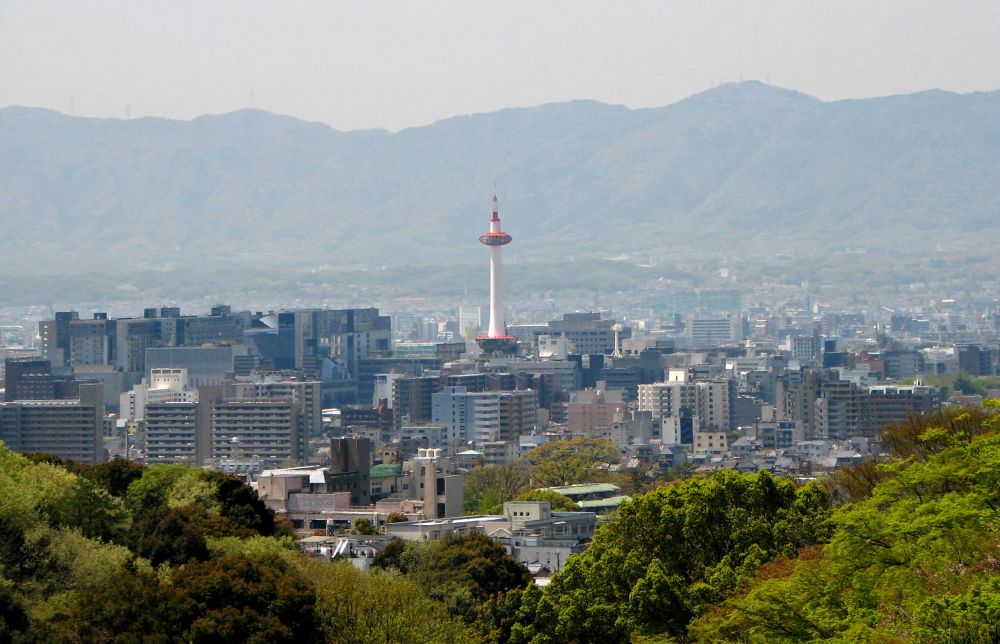100 Resilient Cities initiative reaches members target
The Rockefeller Foundation’s initiative reached its target last week of securing 100 member cities within three years of being created

The Rockefeller Foundation’s 100 Resilient Cities initiative reached its target last week of securing 100 member cities within three years of being created.
The global 100RC initiative is designed to enhance urban resilience and it welcomed 37 new member cities to its network last week.
Cities worldwide are facing the issues of increasing population growth and concentration, and the rapid depletion of natural resources, making them vulnerable to climate change impacts including floods, typhoons, severe drought and rising sea levels.
The 100RC project is pioneered by The Rockefeller Foundation to develop the capability of citizens, communities, institutions, and businesses within a city to survive, adapt and grow in the face of environmental, social, and economic challenges.
100RC announced last week that 37 new cities have qualified to join the network, bringing the number of member cities to 100 – a goal the initiative targeted when it was founded three years ago.
The new members span five continents and include the Asian cities of Pune and Jaipur in India, Malacca in Malaysia, the Indonesian capital Jakarta, Kyoto in Japan (pictured), Chan Tho in Vietnam and the Chinese cities of Haiyan and Yiwu.
As members of the 100RC, urban cities will receive a grant of more than US$200 million.
The cities will be assessed on the ability to scale their solutions, and for other cities to build on the innovations through implementation of members’ Resilience Strategies.
The funding is provided by the 100RC’s partners including Swiss Re, Microsoft, the World Bank and the International Rescue Committee.
100RC cities will need to recruit a City Resilience Officer (CRO), who will work at the municipal level to strategise resilience building for the city and will engage with external agencies including governments, aid institutions, private partners and NGOs.
The new member cities, which include Nairobi to Washington, DC, are among the most vulnerable to floods, droughts, earthquakes, disease epidemics, cybersecurity attacks and war.
Dr Judith Rodin, President of The Rockefeller Foundation, said: “The 100 Resilient Cities Network is showing the global community a new way of coping with shared, complex challenges – building urban resilience.”
Dr Rodin added: “Incorporating resilience planning and principles not only prepares cities for disasters and long-term threats, but also improves everyday living standards for all members of an urban community. The geographical, political and cultural diversity in the now-complete 100 RC network demonstrates that when it comes to dealing with this century’s toughest challenges, resilience planning is essential.”
Cities that qualified to become members of the network passed through three challenge areas and were chosen from 1,000 applications which the network received and evaluated over the course of three years.
The successful applicants had to demonstrate commitment to building resilience by proactively planning for long-term pressures and to implementing disaster response and mitigation.
Michael Berkowitz, President of 100RC, said: “We are proud today to celebrate the fulfillment of our initial commitment to reach 100 cities – but the real work lies ahead. The threshold of success for 100 RC will not solely be progress within our network of 100 cities.”
Mr Berkowitz added: “Instead, it will be the ability for solutions to scale, and for all cities around the world to build off of the innovative work leveraged by these 100 Resilient Cities through implementation of their Resilience Strategies.”




